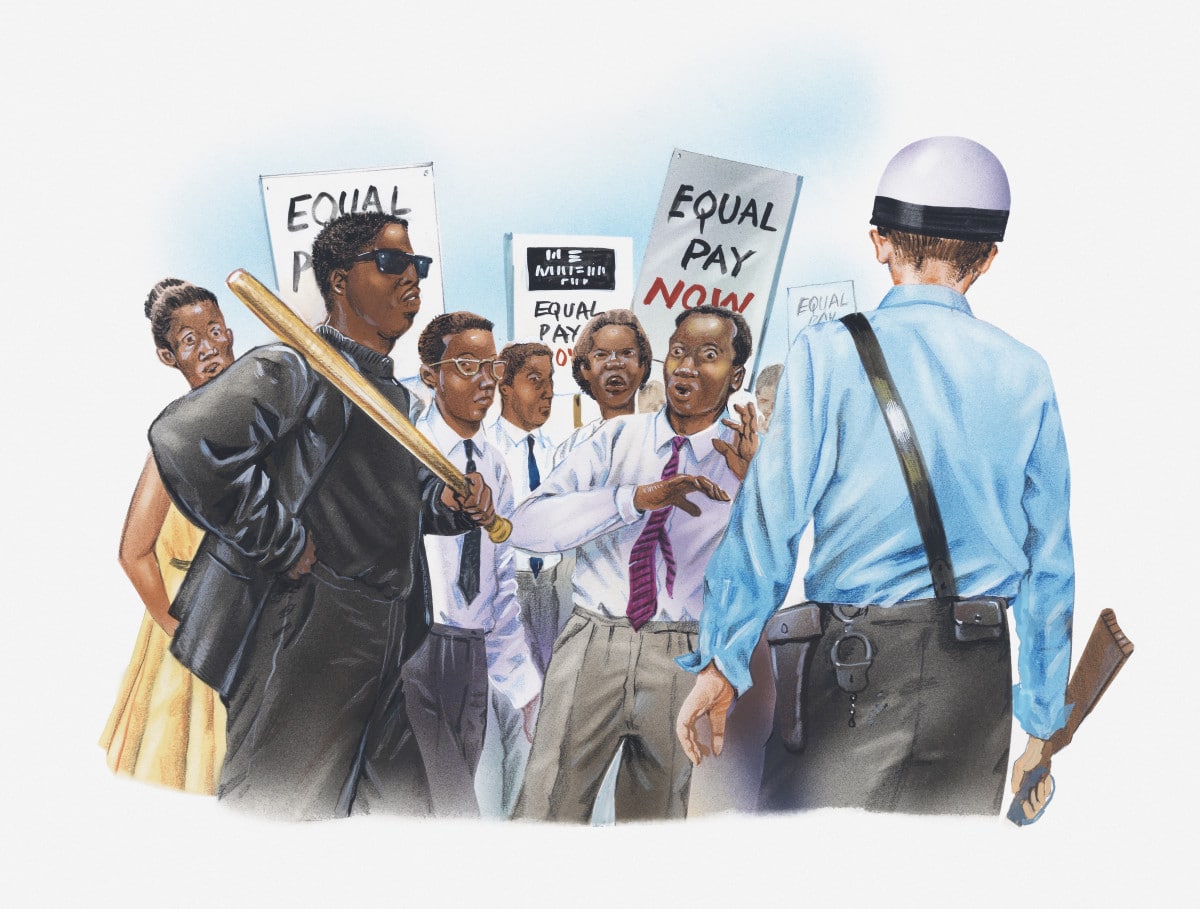Black History Month (February) is just one of many great times to celebrate and remember the history of black Americans and African Americans in the United States. Charlotte, North Carolina has a rich history that goes back as far as slavery and continues into this century. From historic homes to museum exhibits, there are a number of ways to learn and appreciate black history in this important city.
Historical Sites
George E. Davis House
The George E. Davis House is just a block away from the Johnson C. Smith University, which is partly responsible for the house’s significance. Long before schools were officially desegregated in Charlotte, Professor George E. Davis built his home close to the school at which he was the first black professor. Today, the home is being restored, as it has fallen into disrepair, but it is standing and easy to photograph.
W.T. Alexander Slave Burial Grounds
This slave graveyard on Mallard Creek Church Road is on an apartment complex’s property, but it used to be on the plantation land of W.T. Alexander. His house’s slaves were buried there. The site is relatively well preserved and contains a stone for a female slave named Violet who legend has was very important to Alexander.
Charlotte Excelsior Club
Before desegregation was implemented, there was a need for black residents of Charlotte to have access to the same types of venues as white city dwellers. Thus, the Excelsior Club, an establishment for black businessmen, was born. Under the direction of its first owner, Jimmie McKee, this Beattie Ford Street property became a popular and important social club for the black community both inside and outside of the Charlotte.
Shows and Exhibits
Harvey B. Gantt Center for African American Arts + Culture
This museum on Tryon Street in Charlotte is entirely dedicated to the history and preservation of black arts and culture. Worthy exhibits line its halls all year long, but February is a great time to visit, as it will be the first full month of the “I SEE YOU: The Politics of Being” exhibition which specifically focuses on female African-American identity.
“Don’t Tell Me I Can’t Fly” at the Children’s Theatre of Charlotte
From January 24 to February 9, the Children’s Theatre of Charlotte will be putting “Don’t Tell Me I Can’t Fly.” This play is about a young African-American girl growing up in the 60s who aspires to be an artist. The themes include period struggles and the encouragement of artistic children.
“The Mountaintop” at the Booth Playhouse and Blumenthal Performing Arts Center
“The Mountaintop” is playing at the Booth Playhouse from February 4 to March 2. It is a reimagined telling of Dr. Martin Luther King’s final night before his assassination. From powerful historical moments to fictional encounters, this play is moving and respectful of its main character.
Some Historical Facts About Charlotte, North Carolina
Charlotte, North Carolina was once called “The city that made desegregation work.” Not only did the city desegregate schools very early into the fight for desegregation, it also forced further integration after Swann v. Charlotte Mecklenburg Board of Education. The city found ways to cope with the fact that schools were remaining largely segregated because of the neighborhoods in which they fell and the lack of integration in these areas.
George E. Davis was the first black professor to teach at Biddle University in the late 19th century. He went on to become the first black Dean of Faculty there. Biddle University is now the Johnson C. Smith University.
Charlotte, North Carolina desegregated its buses and trains by 1959. There were simply too many black people employed in the city for segregation on public transportation to be practical. In addition, protests put pressure on legislators to change the practice of seating white people in separate areas than black people.












